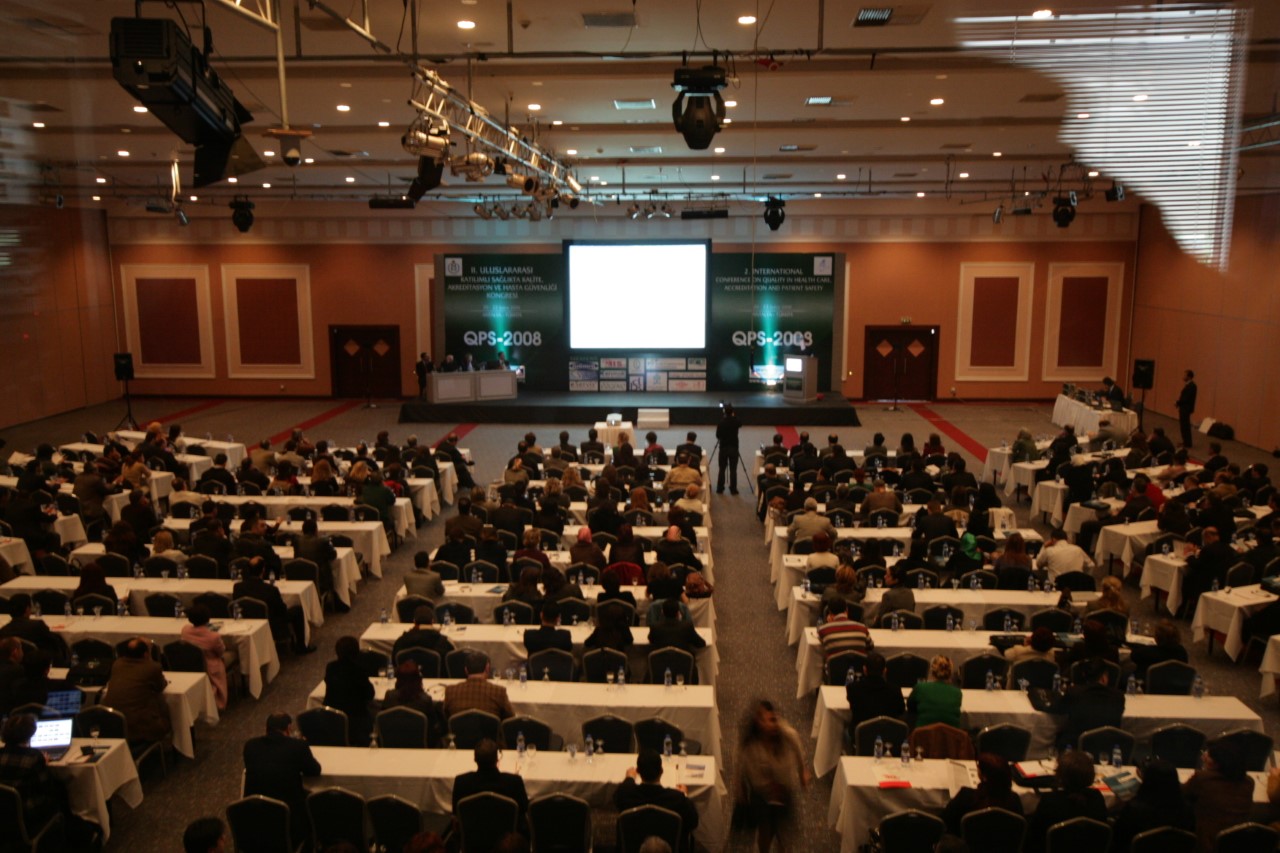Specialist Clinical Psychologist Eda Deligöz, who works at the Balçova Surgical Medical Center of Batıgöz Health Group, explained that the feeling of burnout in the face of exam anxiety affects the success of the students.
 Underlining that the thought that exams affect the career choice and future of students can cause intense stress, anxiety and anxiety, Specialist Clinical Psychologist Eda Deligöz said, “While a moderate level of test anxiety affects academic achievement positively, unfortunately, a high level of anxiety has a negative effect on test performance. In studies focusing on the underlying causes of test anxiety, it is stated that students’ past experiences and beliefs, family attitudes, perceptions of course load, and time management skills may be effective on test anxiety.”
Underlining that the thought that exams affect the career choice and future of students can cause intense stress, anxiety and anxiety, Specialist Clinical Psychologist Eda Deligöz said, “While a moderate level of test anxiety affects academic achievement positively, unfortunately, a high level of anxiety has a negative effect on test performance. In studies focusing on the underlying causes of test anxiety, it is stated that students’ past experiences and beliefs, family attitudes, perceptions of course load, and time management skills may be effective on test anxiety.”
Emphasizing that the society, schools, teachers and families are in expectation of success, it puts pressure on students and may cause their exam anxiety to rise, Specialist Clinical Psychologist Eda Deligöz said, “The relationship between test anxiety and success is mostly affected by stressful situations experienced in the academic process, and in particular, it can increase the likelihood of students experiencing a feeling of burnout.”
“Students’ academic efficacy beliefs are a variable that can have an impact on exam success.”
Stating that students’ cognitive perception of the situation and their reactions in the formation of anxiety during the exam process may differ between individuals, Specialist Clinical Psychologist Eda Deligöz said, “In the process of preparing for the exam, where anxiety and stress are at the highest level, students’ academic efficacy beliefs are a variable that can have an impact on exam success. It is assumed that students with a high self-efficacy belief experience less stress in their academic life, are able to direct their personal lives more easily, and are more effective in the decisions they will make during the exam preparation process.”
Exp. Cln. Ps. Deligöz said, “Competence belief, which is a combination of cognitive, social, emotional and behavioral skills, expresses the judgments about whether a certain behavior can be performed or not. With this assumption, students experience anxiety, depressive symptoms, low self-esteem and lack of self-confidence. As stress situations increase, these patterns evolve into a more difficult cycle.”
Attitudes of parents in the development
Pointing out that another variable that is very important in the development of students is the attitudes of parents towards their children, Eda Deligöz said, “The child who grows up in a harmonious and free family, in consistent and healthy relationships; The feedback of the interaction with his parents plays a very important role in forming his basic habits, attitudes towards his duties in developmental stages, identity acquisition and a sense of competence. Negative parental attitudes are highly correlated with variables such as academic achievement anxiety (anxiety), self-esteem and assertiveness level, development of autonomy, problem solving skills, and attempts to cope with stress.”
Recommendations from exp. Clinical Psychologist Eda Deligöz
Warning the students, she said, “Emotional exhaustion indicates the individual stress dimension of burnout and can be interpreted as deprivation of the individual’s emotional and physical resources. The fact that students who continue their academic education have to attend classes for special purposes such as passing exams or getting a diploma, fulfilling their course duties and being successful in exams can put them in the dimension of emotional burnout. For this reason, it should be considered as a period in which students feel intense personal, social, academic and professional stress factors and emotional burnout is intense, which they need to have positive coping methods. It should be accepted that the potential of academically successful and qualified manpower is one of the most fundamental forces in the development of a society, and the exam-oriented education system in our country results in students and families spending more time and money on academic development in the education process. At this point, exam anxiety, which is seen as an undesirable situation involving tension and anxiety, is observed intensely in students when the person is to be evaluated. Before and during the exam; muscle tension, rapid heartbeat, rapid and frequent breathing or difficulty in breathing, tremor, sweating, chills, nausea, vomiting, diarrhea, an intense need to go to the toilet, decrease in muscle pressure, decrease in blood pressure, blurred vision and focusing problems I recommend that you seek help from a mental health professional as soon as possible.”
- Democratic parental attitudes affect the competencies of students positively, and in this respect, it can be suggested that families exhibit democratic parental attitudes in every situation in order to reduce the burnout of students who are preparing for the exam.
- In order to solve many problems experienced by students, cooperation between school, family and students should be established. It is considered very important that they get help from psychologists and psychiatrists as mental health specialists in order to overcome this process more easily.
- Family-oriented information should be provided by mental health professionals, especially in family communication, vocational guidance, and changes and developments in adolescence. Relaxation exercises should be included in an important step of the programs to cope with test anxiety. Students who are physically relaxed with the relaxation exercises taught by mental health experts are also more calm and peaceful mentally.
- Individual psychological counseling processes should be initiated for these students who experience intense stress and exam anxiety at schools, and it is necessary to structure the exam process with the necessary psychological support programs.
5. Due to the exam-oriented lives of the students, efficient study methods, exam preparation and coping with exam anxiety programs can be prepared, in cooperation with mental health experts, to help them get through this period in a healthier way.




